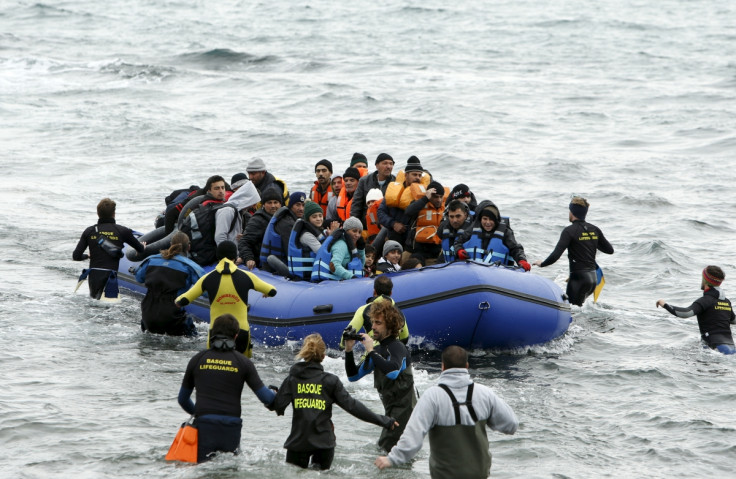Refugee crisis: EU and Turkey reach agreement to return illegal migrants

EU and Turkish leaders have reached a controversial agreement on the refugee crisis that will see migrants illegally crossing to Greece sent back to Turkey. The prime ministers of Finland and the Czech Republic tweeted from a summit in Brussels that the landmark deal had been finalised after two days of talks.
"The deal with Turkey approved. All illegal migrants who reach Greece from Turkey starting March 20 will be returned," wrote the Czech PM, Bohuslav Sobotka. The tweet indicated all of the block's 28 members states backed a document collaborated on earlier during negotiations between Turkish Prime Minister Ahmet Davutoglu and an EU team led by Council president Donald Tusk.
Under the agreement, which still needs Davutoglu's sign off to become official, Turkey is to receive funds and concessions in return for it taking back all migrants that arrive in Greece after midnight Sunday (20 March) and have their asylum claim rejected.
Costs of the operation are to be covered by the EU. In addition, for each Syrian returned, one of the 3 million Syrian refugees currently living in Turkey will be legally flown to Europe. On the other hand, Ankara has been promised a speeding-up of stalled talks on its accession to the Union, the easing of visa restrictions for its nationals and €6bn (£4.6bn, $6.6bn) in aid before 2019.
Points of the deal and the overall handling of the migrant crisis have been a cause of great infighting within the EU. In particular, Cyprus vowed to veto any further Turkish integration with the EU if Ankara was not to recognise it as a legitimate state.
Earlier in the talks, Belgian Prime Minister Charles Michel accused Turkey of blackmailing. "An agreement with Turkey cannot be a blank cheque," Reuters quoted Michel as saying.
More than 150,000 migrants and refugees have reached Europe from Africa and the Middle East in the first ten and a half weeks of 2016, eight times more than in the same period last year according to the International Organisation for Migrations. Arrivals since January 2014 are instead nearing one and a half million, the monitor said.
© Copyright IBTimes 2025. All rights reserved.






















